What is Classical Liberalism?
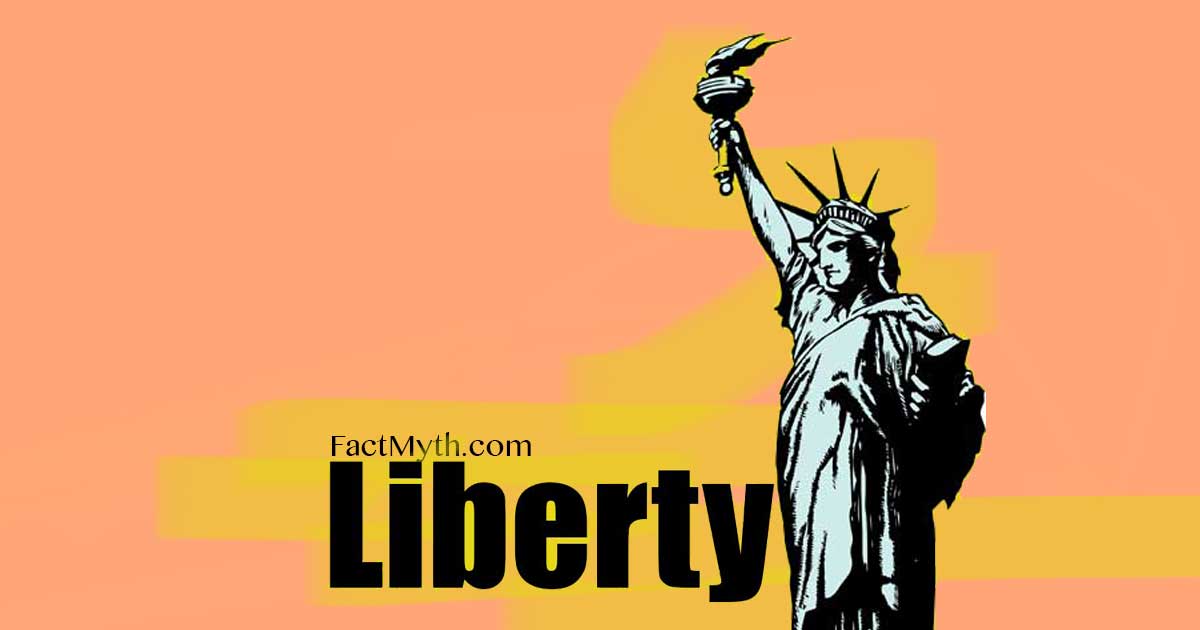
Classical liberalism is the ideology of liberties, rights, individualism, reason, and tolerance that comes in a political and economic form.
Adam Smith was a Scottish philosopher whose theories lay the foundation of modern economics, thus Smith can be considered “the father of modern economics”.
Smith’s capitalist manifesto The Wealth of Nations (1776) applies years of research on economic systems to Smith’s moral philosophy which he laid out in The Theory of Moral Sentiments. The main theme of the books can be summarized as, “self-interest and sympathy work as an invisible hand that guides an economy, with minimal state intervention needed. The result is wealth for a nation, which is better measured by commerce and production, than by stores of gold”.
The concept being that (somewhat regulated) free-market capitalism was a better game-plan for city-states than the alternative of having everything controlled by Aristocrats and Monarchs. Unfortunately Smith is often applied out of context, to support the idea of unregulated free-market capitalism and crony capitalism, which were the main things he warned against in his works (see “masters” and habits of politicians in the Wealth of Nations).

Classical liberalism is the ideology of liberties, rights, individualism, reason, and tolerance that comes in a political and economic form.
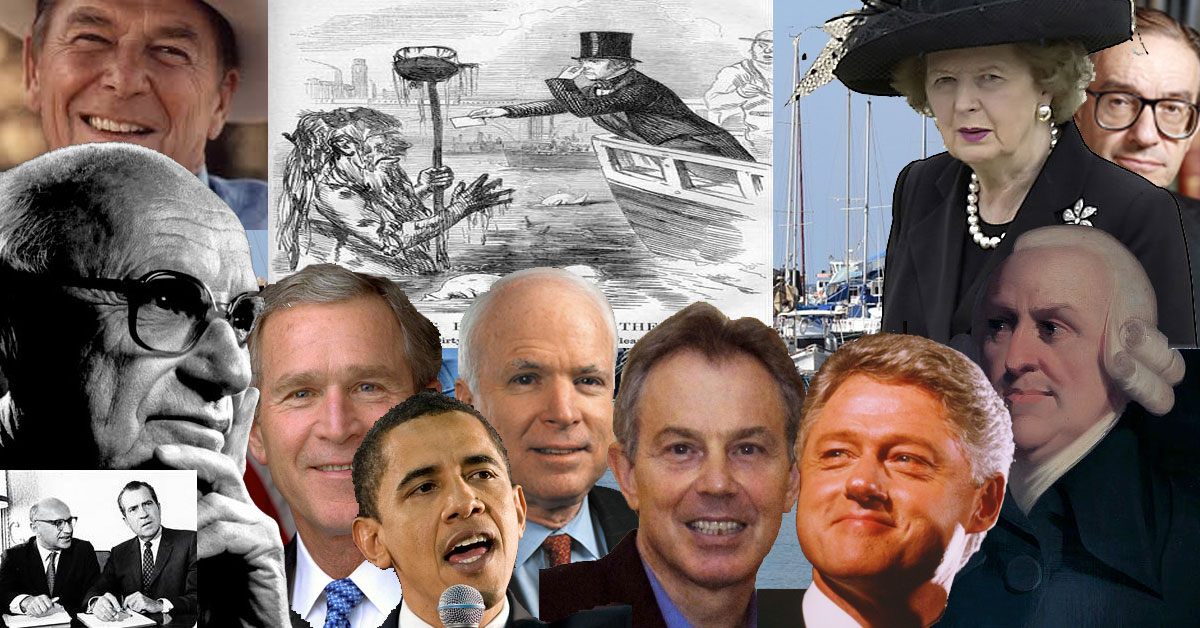
Neoliberalism is an economically-minded evolution of classical liberalism focused on deregulation, trade, and the private market. It is a “middle way” or “third way” between liberalism and conservatism.
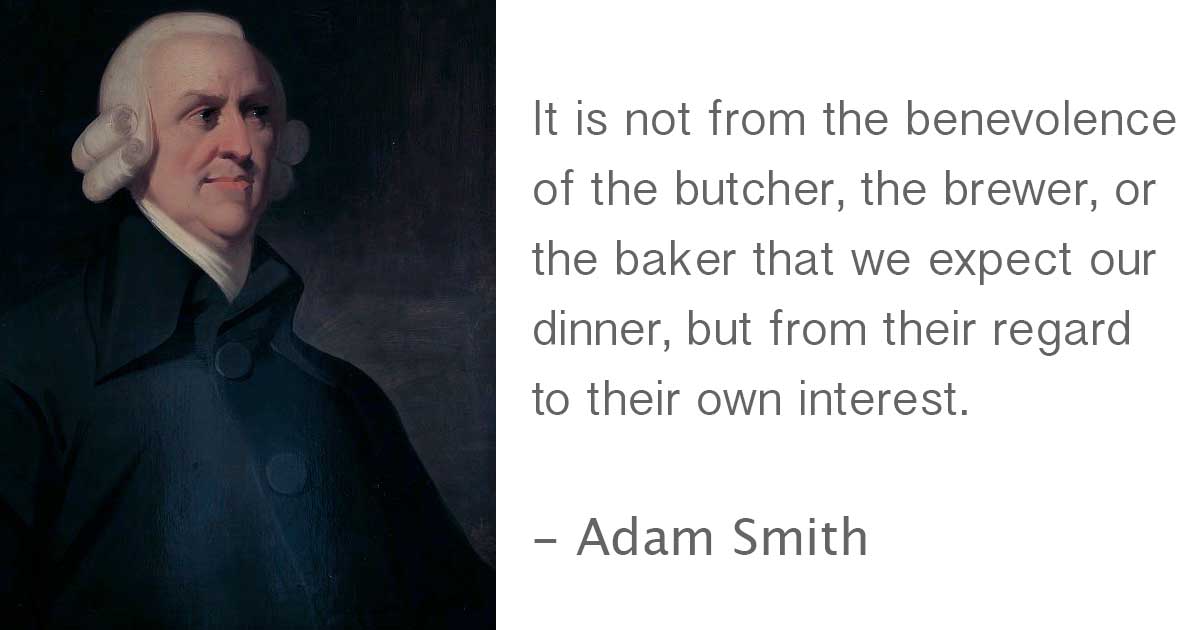
We explain Adam Smith as a Moral Philosopher, and explore how his Theory of Moral Sentiments connects to his economic theory from The Wealth of Nations.

Classical liberalism arose in opposition to state-imposed religion and aristocracy in the 1600 – 1700’s during the Age of Enlightenment in Europe and America.
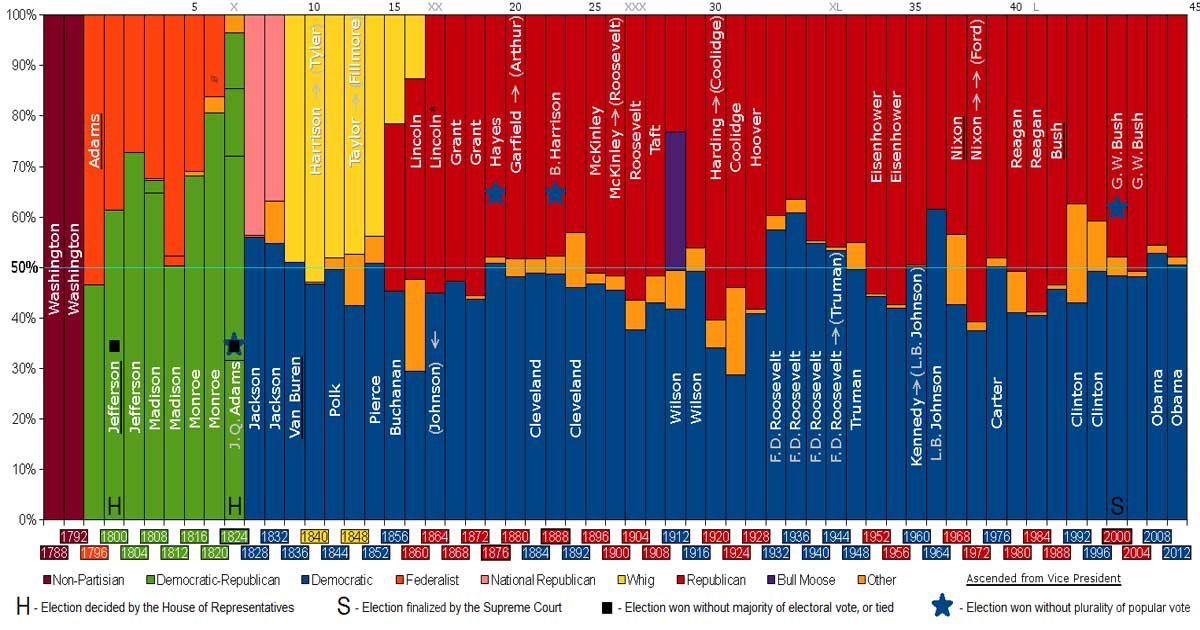
On this page, we look at political parties from a historical perspective to better understand the underlying left-right politics all political parties are based on.
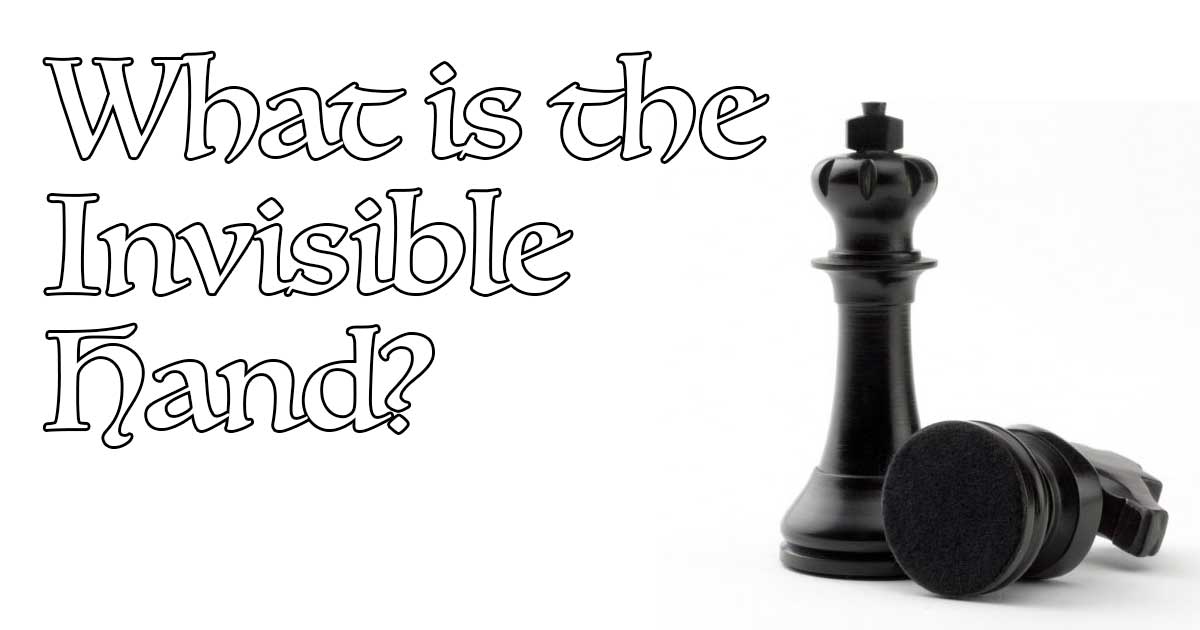
“The invisible hand” is a term used by Adam Smith to describe the theory that self-interest leads to social and economic benefits in a free-market.
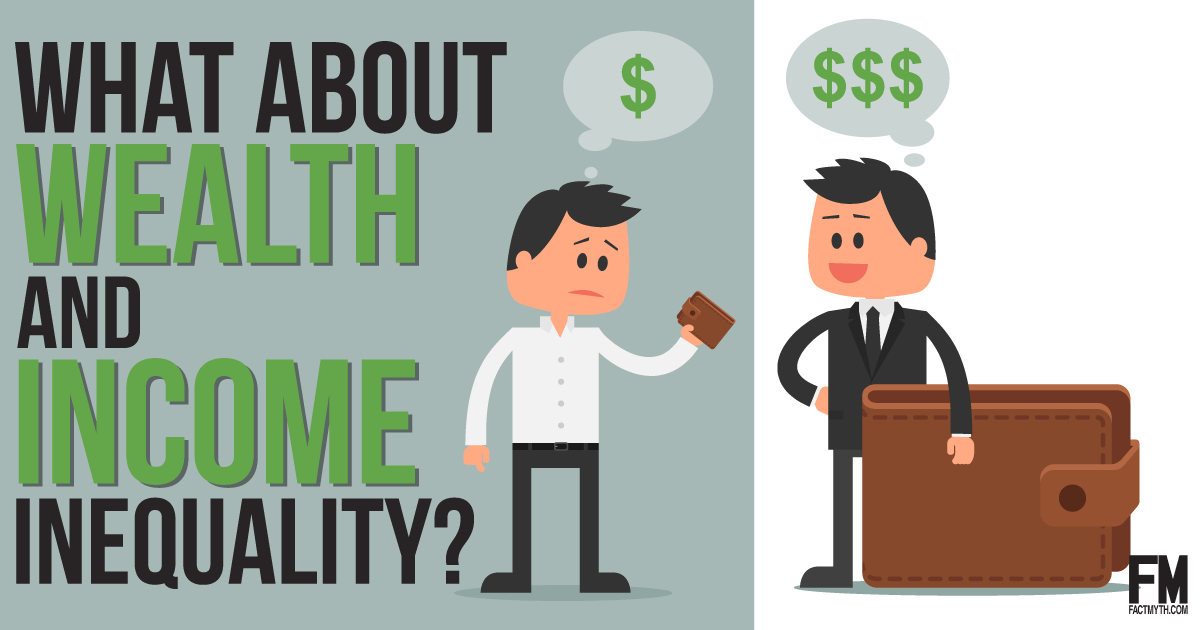
We explain economic inequality from a historical perspective, and then consider the effects of wealth inequality and income inequality in America today.

We present a discussion on “the meaning of life as happiness,”the Greatest Happiness Theory,” “the Good Life,”the Pursuit of Happiness,” and Virtue Theory.